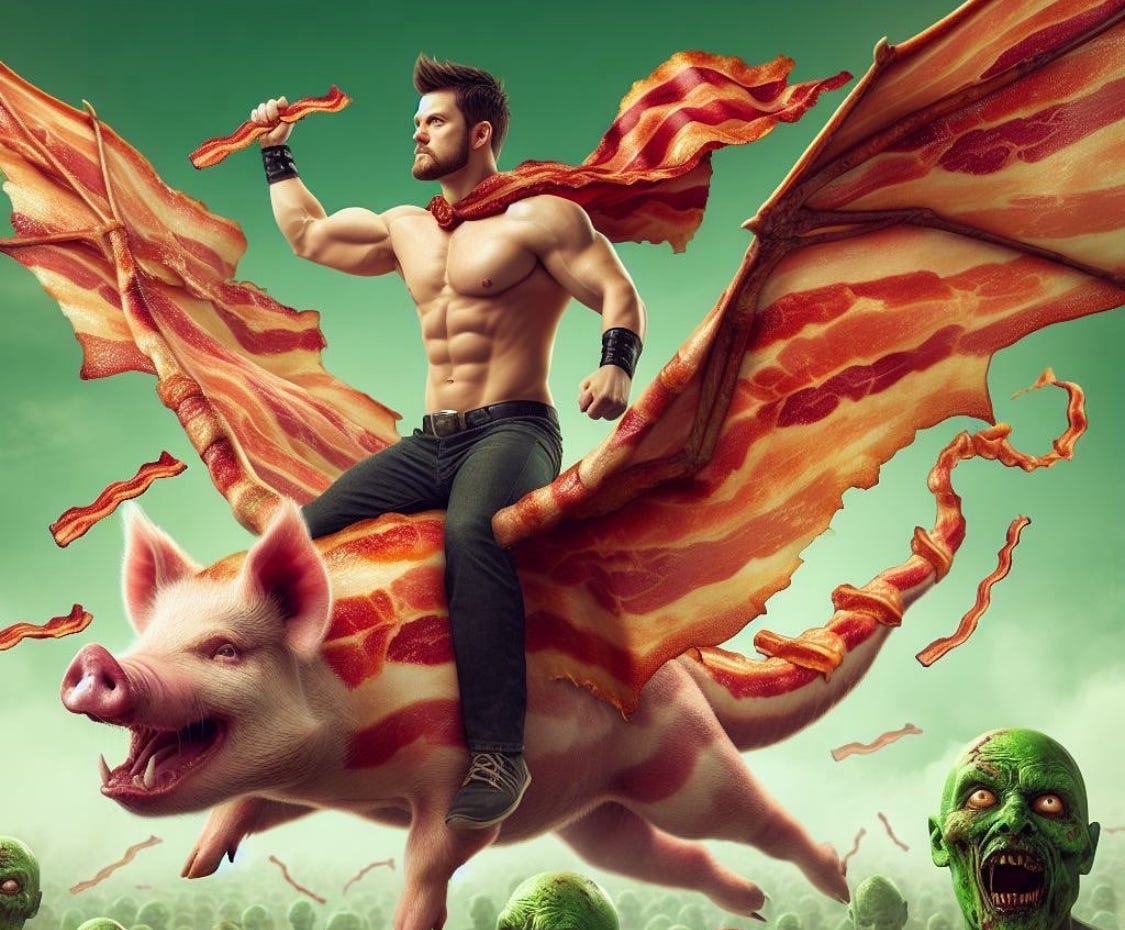Stop meatposting
Progressives who glorify meat consumption are doing free PR for a highly-polluting industry working tirelessly to keep polluting.

Disclaimer: This is a re-worked version of HEATED’s 2021 essay: “Against meatposting.” Its message is directed only at people who care about climate change. If that’s not you, move along—this essay is not for you. In fact, none of our…


